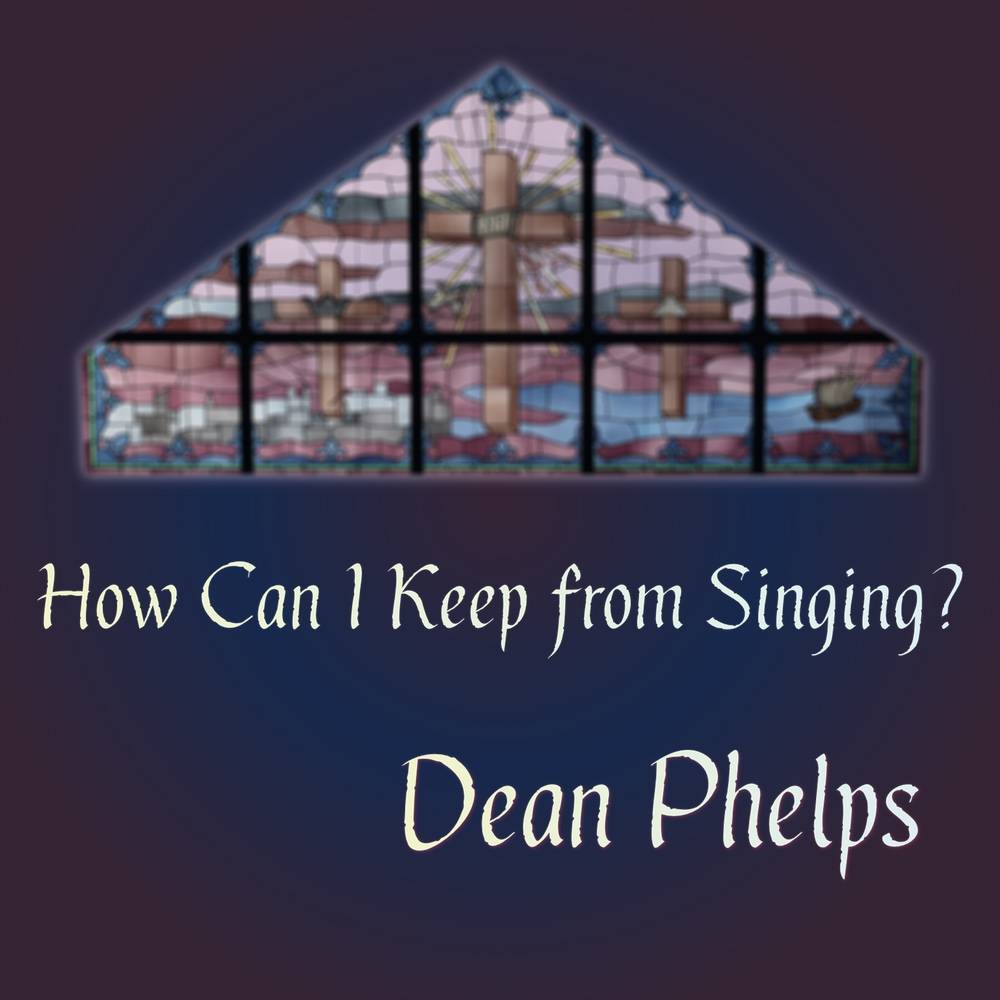In March 2020, when the COVID-19 pandemic moved worship out of traditional sacred spaces, I recorded and shared a video of Guide Me, O Thou Great Jehovah. I included the text as an encouragement for folks to sing along. The following week, I shared another video. Each week brought a new hymn recording, and now two years later the collection contains more than 100 hymns. The videos are collected here, beginning with the most recent. I hope you enjoy these recordings that draw on a few of my favorite pages in the hymnal.

Dean’s latest album release, How Can I Keep from Singing, contains 14 selections from the Sunday Morning Hymns collection. The album is available on CD or as a download for your digital music player. You can also listen on your preferred streaming service.
-

God Be with You Till We Meet Again
-

Open My Eyes That I May See
-

Count Your Blessings
-

Stepping in the Light
-

Leave It There
-

Come Ye Thankful People Come
-

Brighten the Corner Where You Are
-

I Must Tell Jesus
-

Lead Me to Calvary (Jennie Evelyn Hussey, 1921)
-

The Old Rugged Cross
-

Love Divine All Loves Excelling
-

Come, Ye Sinners, Poor and Needy
